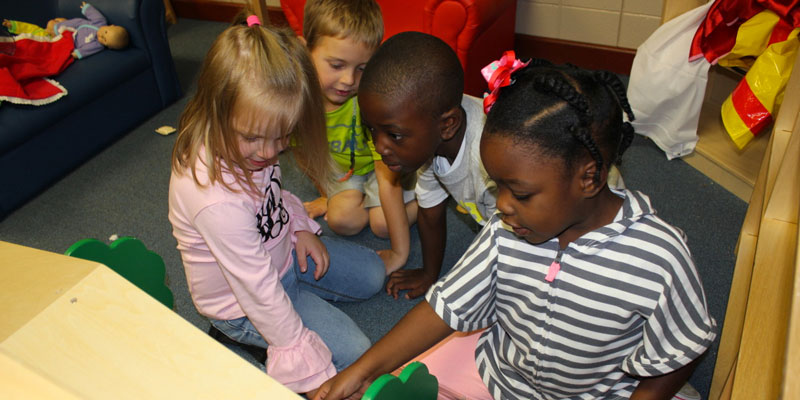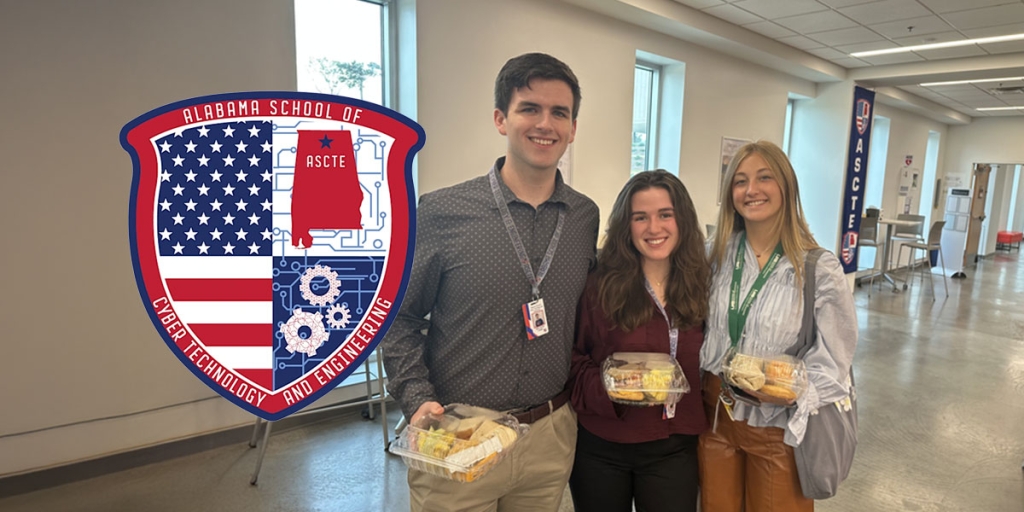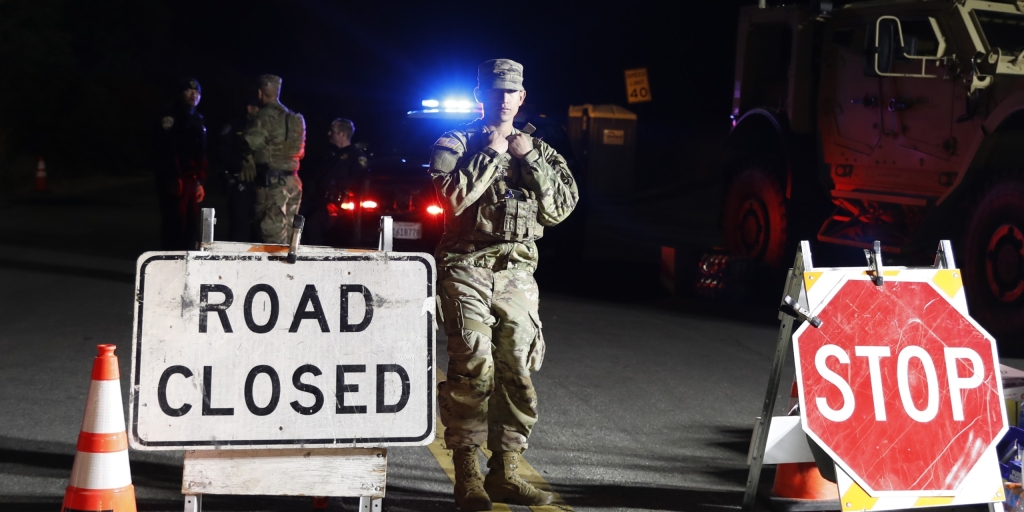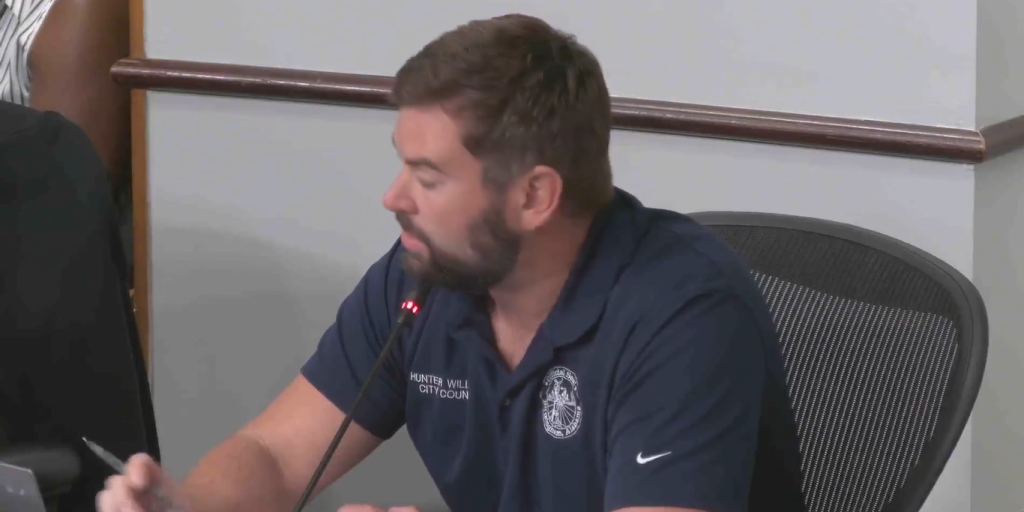Alabama’s high-quality, voluntary First Class Pre-K program was today named the highest quality state-funded pre-kindergarten program in America. This is the 12th year in a row the state’s voluntary pre-kindergarten program for four-year-olds has received this distinction.
The title was bestowed upon Alabama’s First Class Pre-K program by the National Institute for Early Education Research in its 2017 State of Preschool Yearbook. The State of Preschool Yearbook is an annual report measuring the quality of state-funded early childhood education programs across the country. In this year’s report, NIEER’s 15th edition, Alabama was one of only three states, along with Michigan and Rhode Island, to meet or exceed all ten of the benchmarks NIEER measures to determine program quality.
In its report, NIEER also featured Alabama as one of six states to watch. NIEER profiled the state’s sustained commitment and incremental approach to giving more families an opportunity to voluntarily enroll their four-year-olds without lowering the pre-k program’s quality standards.
Advocates from the Alabama School Readiness Alliance welcomed today’s announcement.
“NIEER’s endorsement of the state’s voluntary First Class Pre-K program is another sign that the investments state leaders have made in early childhood education will have a strong return,” said Allison Muhlendorf, the executive director of the Alabama School Readiness Alliance. “However, being number one in the nation for quality should be only half of the state’s goal. State leaders should also strive to also be number one in access for four-year-olds.”
Alabama’s First Class Pre-K program is managed by the Alabama Department of Early Childhood Education.
The 2017 State of Preschool Yearbook looks at pre-kindergarten programs operating during the 2016-2017 school year. That year, approximately 14,688 four-year-olds were enrolled in a First Class Pre-K classroom. State leaders have since grown the program to nearly 17,000 four-year-olds. Governor Ivey recently signed into law an additional $18.5 million expansion for next year that, combined with year four of Alabama’s four-year federal Preschool Development Grant, will further increase the size of the program.
In addition to NIEER’s findings, a recent study of Alabama third graders found that students who voluntarily participated in the state’s high-quality First Class Pre-K program are more likely to be proficient in reading and math than their peers. The study was conducted by a team of researchers from the Public Affairs Research Council of Alabama in conjunction with the University of Alabama at Birmingham.
Among the findings, researchers observed that First Class Pre-K
— Narrowed the gap in reading proficiency by 28 percent for all children in poverty; 32 percent for White children in poverty; 31 percent for Hispanic children in poverty; and, 26 percent for Black children in poverty.
— Narrowed the gap in math proficiency by 57 percent for all children in poverty; 71 percent for Hispanic children in poverty; and, 37 percent for Black children in poverty.
— Increased reading proficiency for children in poverty by 12 percent overall; 25 percent for Hispanic children in poverty; 23 percent for Black children in poverty; and, 3 percent for White children in poverty.
— Increased math proficiency for children in poverty by 13 percent overall; 17 percent for Hispanic children in poverty; 16 percent for Black children in poverty; and, 10 percent for White children in poverty
A complete breakdown of the research on Alabama First Class Pre-K outcomes can be found here: http://www.alabamaschoolreadiness.org/alabama-pre-k-results/.
The Alabama School Readiness Alliance advocates for the expansion of high-quality, voluntary pre-kindergarten. ASRA works to ensure that pre-k is a continuing priority for Alabama’s children, parents, community leaders, legislators and governing officials. ASRA is a collaborative effort of A+ Education Partnership, Alabama Giving, Alabama Partnership and VOICES for Alabama’s Children. Visit www.alabamaschoolreadiness.org to learn more.












